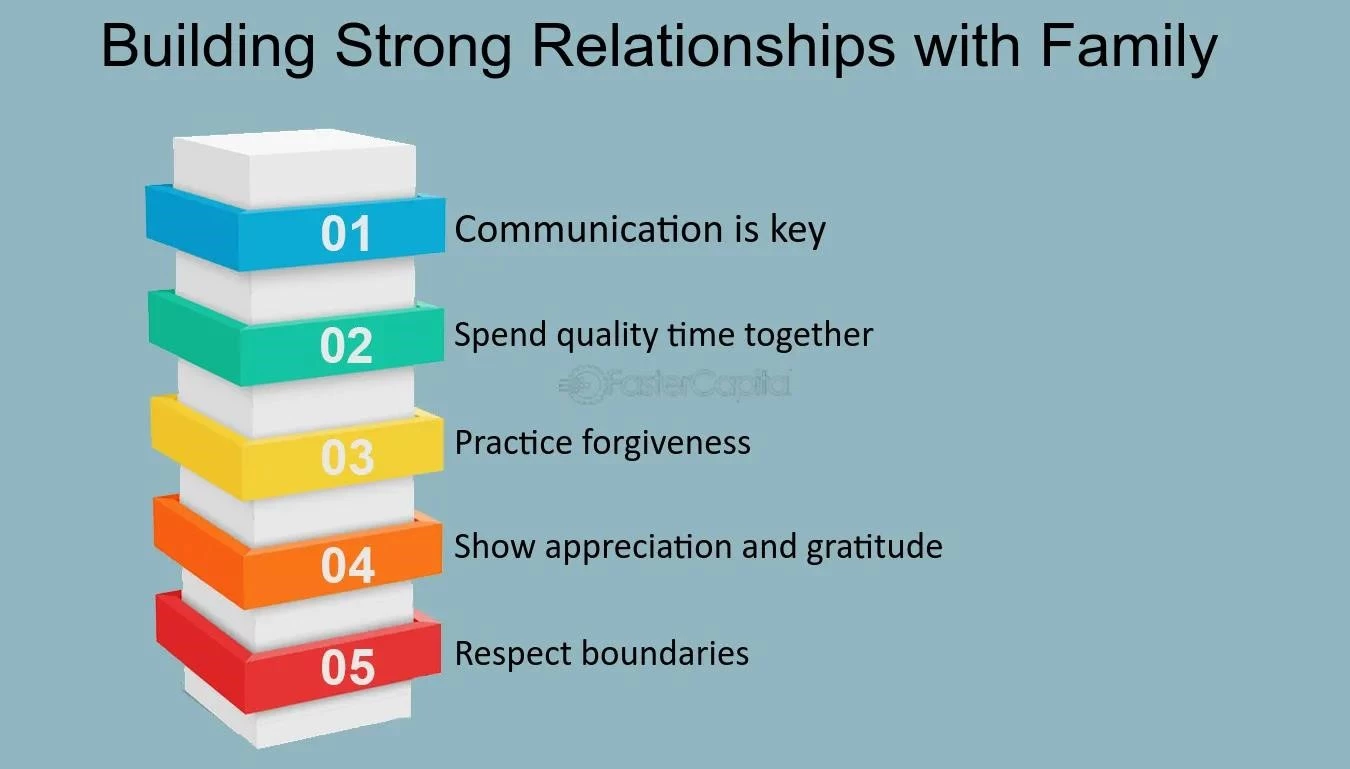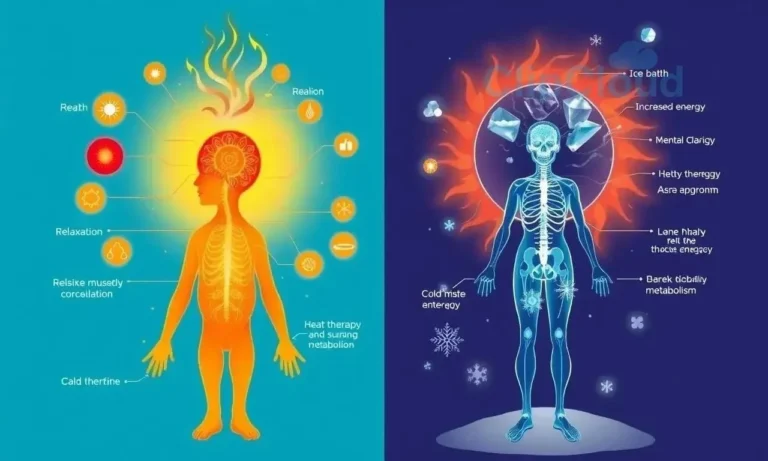The Power of Connection: Building Strong Relationships for Well-being
Human beings thrive on connection. Nurturing meaningful relationships provides a foundation for a fulfilling life. Strong social bonds offer comfort, support, and a sense of belonging. Investing time and effort in building these connections is crucial for overall well-being.
The Importance of Social Support and Strong Relationships
Social support forms the bedrock of strong relationships and plays a vital role in our overall well-being. It encompasses the emotional, informational, and practical assistance we receive from others, creating a safety net that catches us during challenging times and empowers us to thrive in good times. Cultivating a robust support system is an investment in our physical and mental health, contributing significantly to a richer, more resilient life.
Strong relationships provide a sense of belonging, purpose, and security. Knowing we have people to rely on, to share our joys and sorrows with, fosters a deep sense of connection and reduces feelings of isolation. This sense of belonging is intrinsically human, deeply rooted in our need for community and interdependence. It’s within these supportive connections that we find the strength to navigate life’s complexities and celebrate its triumphs.
The benefits of social support extend far beyond emotional comfort. Practical assistance, such as help with childcare, errands, or financial support during times of need, can alleviate stress and provide much-needed stability. Informational support, like advice and guidance from trusted friends or family, can empower us to make informed decisions and navigate unfamiliar situations with greater confidence. This multifaceted support system strengthens our ability to cope with adversity and fosters a sense of resilience in the face of challenges.
Furthermore, strong relationships contribute to a healthier lifestyle. Studies show that individuals with strong social connections tend to engage in healthier behaviors, such as regular exercise and balanced diets. They are also more likely to seek medical attention when needed and adhere to treatment plans. This positive influence stems from the shared values and mutual encouragement that often exist within supportive relationships, creating an environment conducive to well-being.
In essence, social support and strong relationships are not just pleasant additions to life; they are fundamental components of a healthy and fulfilling existence. Prioritizing these connections is an investment in our overall well-being, providing us with the strength, resilience, and sense of belonging necessary to navigate life’s journey with confidence and joy. Nurturing these bonds is a continuous process, requiring effort and commitment, but the rewards are immeasurable.
Mental Health Benefits of Social Connection
Social connection plays a crucial role in safeguarding our mental well-being. Meaningful relationships provide a buffer against stress, anxiety, and depression, fostering resilience and promoting a more positive outlook on life. These connections offer a sense of belonging, purpose, and validation, contributing significantly to our overall mental health.
When we feel connected to others, we are less likely to experience feelings of loneliness and isolation, which are significant risk factors for various mental health issues. Social interaction releases endorphins, natural mood boosters that can alleviate stress and promote a sense of calm. Sharing our thoughts and feelings with trusted individuals can also help us process difficult emotions and gain new perspectives, reducing the burden of emotional distress.
Strong social connections provide a sense of security and support, allowing us to navigate life’s challenges with greater confidence. Knowing we have people to rely on during difficult times can significantly reduce feelings of helplessness and despair. This support network can offer practical assistance, emotional comfort, and encouragement, empowering us to overcome obstacles and maintain a sense of hope.
Furthermore, social connection fosters a sense of belonging and purpose, which are essential for mental well-being. Participating in social activities and engaging with others who share our interests can provide a sense of community and identity. This sense of belonging can boost self-esteem and reduce feelings of alienation, promoting a more positive self-image.
The mental health benefits of social connection extend beyond individual well-being. Strong social networks contribute to stronger communities, fostering a sense of collective responsibility and mutual support. This interconnectedness can lead to increased civic engagement, greater social cohesion, and a more supportive environment for everyone.
Community and Well-being: Combating Loneliness Through Connection
A thriving community plays a vital role in fostering well-being and combating the pervasive issue of loneliness. Connecting with others within our communities creates a sense of belonging, purpose, and mutual support, which are essential for both individual and collective well-being. Active participation in community life offers opportunities to build meaningful relationships and strengthen social connections, reducing feelings of isolation and promoting a greater sense of belonging.
Community involvement can take many forms, from volunteering at local organizations to participating in neighborhood events. These activities provide opportunities to interact with diverse individuals, share common interests, and build relationships based on shared values. Engaging in community initiatives not only benefits individuals but also strengthens the fabric of the community itself, creating a more supportive and interconnected environment for everyone.
Loneliness, often described as a subjective feeling of social isolation, can have significant negative impacts on both mental and physical health. Community engagement offers a powerful antidote to loneliness by providing opportunities for social interaction and connection. Connecting with others who share similar interests or values can create a sense of belonging and reduce feelings of isolation, promoting a greater sense of purpose and overall well-being.
Community-based programs and initiatives play a crucial role in fostering social connection and combating loneliness. Senior centers, community gardens, and local support groups offer spaces for individuals to connect with others, share experiences, and build meaningful relationships. These programs provide vital support and resources for individuals who may be at higher risk of experiencing loneliness, such as older adults or those living with disabilities.
Creating a sense of community requires active participation and a willingness to connect with others. Taking the initiative to reach out to neighbors, join local groups, or volunteer in community projects can make a significant difference in combating loneliness and fostering a sense of belonging. Small acts of kindness and connection can create ripple effects, strengthening the bonds within a community and promoting a greater sense of well-being for all.
Preventing Loneliness and Fostering Social Connection
Preventing loneliness and fostering social connection are crucial for maintaining overall well-being. Loneliness, a pervasive issue affecting individuals across all ages and backgrounds, can have detrimental effects on both mental and physical health. Proactive steps to cultivate meaningful connections and build strong social networks are essential for combating loneliness and promoting a sense of belonging.
One effective strategy for preventing loneliness is to prioritize nurturing existing relationships. Investing time and effort in maintaining connections with family and friends, through regular communication and shared activities, can strengthen bonds and provide a sense of support. Actively listening, showing empathy, and being present in interactions are key components of fostering deeper connections and preventing feelings of isolation.
Expanding social circles is another important step in preventing loneliness. Engaging in activities that align with personal interests, such as joining clubs, volunteering, or taking classes, provides opportunities to meet new people and build connections based on shared passions. Stepping outside of comfort zones and initiating conversations with others can lead to the development of new friendships and expand social networks.
Utilizing technology can also play a role in fostering social connection. While online interactions cannot fully replace face-to-face connections, they can provide valuable opportunities to maintain relationships with loved ones who live far away or connect with individuals who share similar interests. Online communities and social media platforms can offer a sense of belonging and support, particularly for individuals who may have limited opportunities for in-person interaction.
Seeking professional support can be beneficial for individuals struggling with chronic loneliness. Therapists and counselors can provide guidance and support in developing strategies for building social skills, overcoming social anxiety, and fostering meaningful connections. Support groups and community resources can also offer valuable opportunities for connection and shared experiences.
Preventing loneliness is an ongoing process that requires conscious effort and a willingness to connect with others. By prioritizing relationships, expanding social circles, utilizing technology thoughtfully, and seeking support when needed, individuals can take proactive steps to combat loneliness and foster a sense of belonging. Building strong social connections is essential for promoting overall well-being and creating a more fulfilling and connected life. Cultivating meaningful relationships requires consistent effort and a willingness to be present and engaged in interactions, fostering a sense of belonging and shared experiences.






